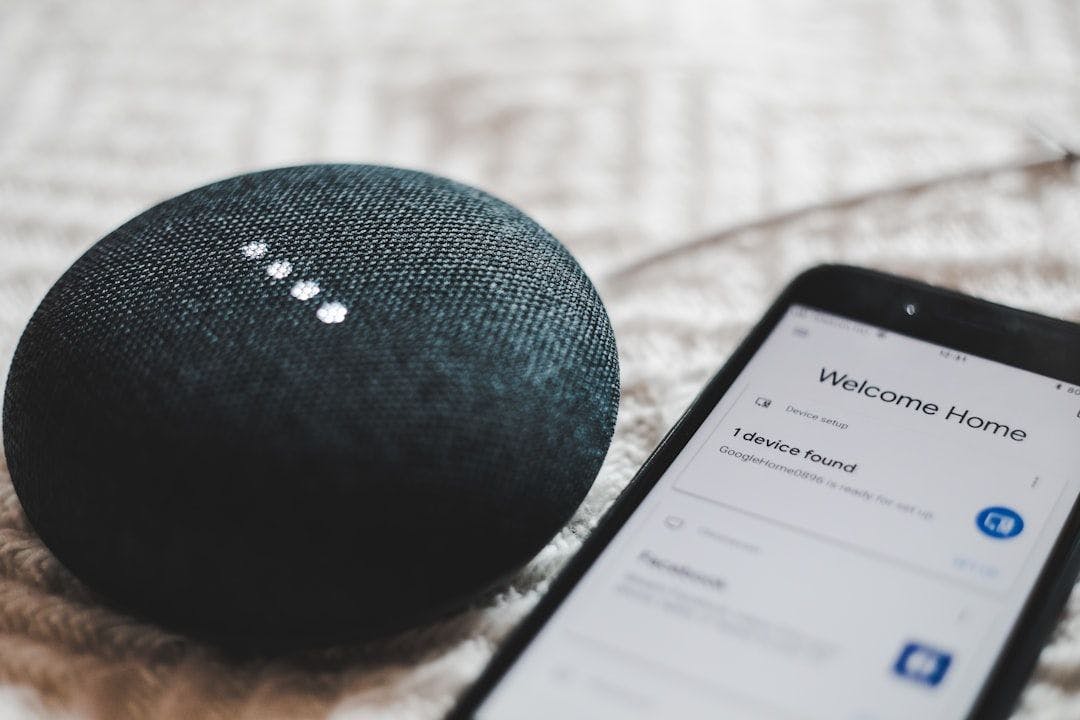Smart homes are irresistible. You have lights that respond to your mood, thermostats that learn your habits, and assistants that keep track of your grocery list.
Smart home devices are the right combination of comfort and technology that makes your life easier. But these devices can quietly become controlling, and a system that was designed to make your life easier could add friction to it.
You know this if you’ve ever had a speaker wake itself up in the middle of the night, or a thermostat decides you should be colder.
This doesn't mean smart homes are evil, but there are some downsides to using and depending on these technologies to live. I’ll share 4 ways AI in your smart home can be disadvantageous to you.
4 Ways AI in Smart Homes Gets in The Way
When AI moves into your living space, it changes how you live and what you depend on to get your day going. This isn't bad on its own, until it disturbs your sleep, your day, and your routine. Here's how to know if it's getting in the way:
- You're slowly losing control
Smart home marketing makes you feel like the one in charge.You set the rules, the system follows, but if you’ve used AI long enough in your home, you know how fast that can change.
For instance, thermostats that optimize your energy use may feel magical at first use. The house warms up before you wake up, cools down when you leave, but then, it slowly starts influencing your decision.
And no, I don't mean how
For instance, this
According to him,
“You give them control for energy savings, which basically means make it 85 degrees inside everyday during summer.”
This happens because
Be conscious of AI in your smart homes making the decision for you.
- Your smart home has random triggers
If you’ve lived with a voice assistant, you’ve probably experienced it randomly waking up and responding to something nobody said.
Sometimes it’s funny. Your TV triggers the assistant, and suddenly your lights flash on and off. Other times, it’s unsettling.
Because what if the phantom command wasn't to turn on a light, what if it was to unlock your door, or adjust your alarm system? A background noise shouldn’t be able to control your smart home.
This also affects your trust in their reliability. When you’ve experienced your system misfiring enough times, you start to doubt its reliability. You may eventually see these tools as a liability when they become unpredictable.
- You’ve gotten too dependent on AI in your home.
The sneakiest danger of AI in the home is when everything works so smoothly you forget how to live without it.
You ask your assistant about reminders, sync your grocery list across your devices, and set up a schedule for lights, locks, and heating, until you don't think about your schedule anymore.
This works until the system goes down, and you have to figure out what to do.
The more we rely on
This doesn't mean ditching your smart home. Instead, you should have manual switches and manual locks for your doors, and test offline days to know how your home will work without a cloud connection.
- Updates you didn’t ask for.
Unlike
One update can flip how a switch functions or even remove features that you use daily. Of course, you may have gotten an email, but if you didn't check it, it’ll still be unexpected.
When your lights, locks, and routines depend on software that’s always in flux, your home isn’t entirely yours.
Here's what you should do in this scenario: don't rush updates unless they're security fixes. Before you update your smart home devices, read from online communities and know current sentiments about it.
You can also ask directly if there's any problem with the update, and what the new features are.
Here's an example from this
Now that you know the signs of over-dependence on AI in smart homes, and how it can get in your way, what do you do?
- Review your devices every few months.
Automations you set up six months ago may no longer fit your routine, and you are at security risk if you leave your devices dormant. Instead, take some time to audit your system. While you're at it, trim any unnecessary features to keep them running.
- Delete automations you don’t use.
You may get frustrated if an old rule keeps triggering at the wrong time. Clear out unused routines to help your system understand you better, and it's also easier to troubleshoot when you have an idea of the features you have.
- Put smart devices on their own Wi-Fi network.
Smart home devices like your smart bulbs, cameras, and speakers have weaker security than your smartphones and laptops.
If all your devices share the same network, and a hacker attacks a vulnerability in your smart home device, they could get access to your phone and laptop, too. So keep your smart home devices on a separate WiFi to isolate them.
- Check community forums before calling support.
When something breaks, chances are you’re not the first one to experience it. Ask on online forums and user communities for quick fixes, workarounds, and tips that official support channels won’t mention. This can save you hours of frustration.
Conclusion
Smart homes make life easier, but they also make it easier to hand over control without noticing. AI in smart homes can predict and budget your needs, but it can also occasionally override its typical functions. If you don't want your smart home locking you out, or dimming your lights when you're not ready to sleep, follow the tips I've shared above.


